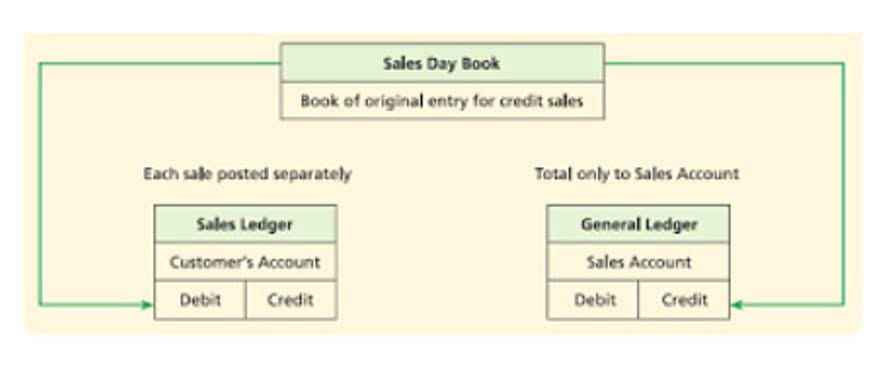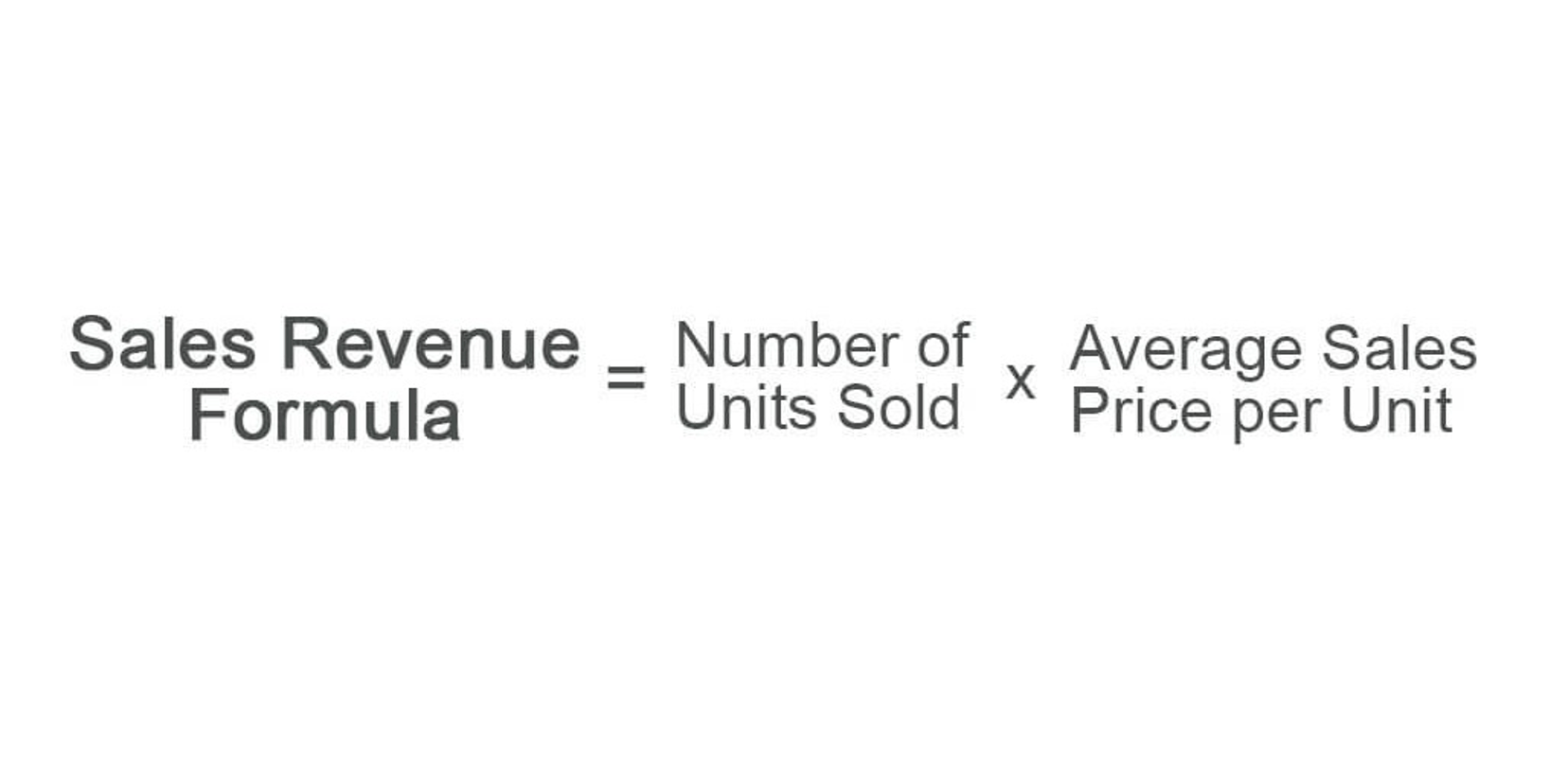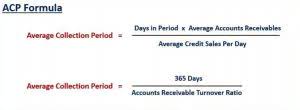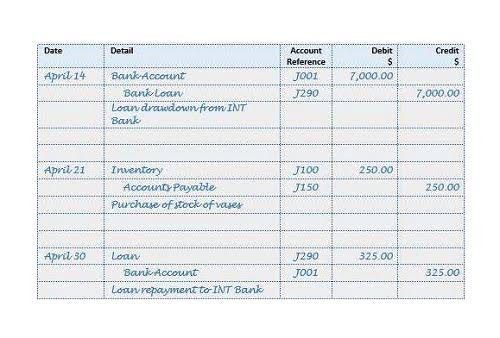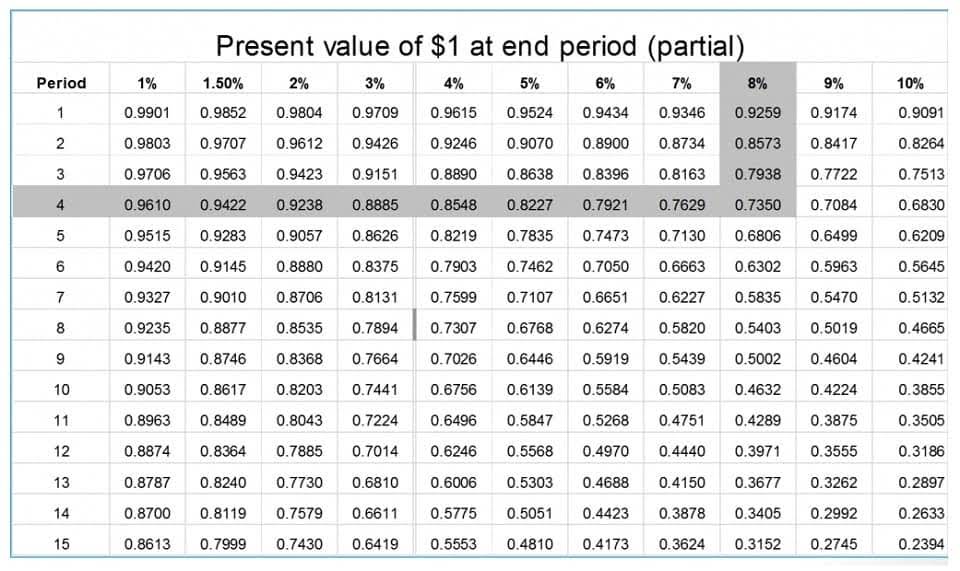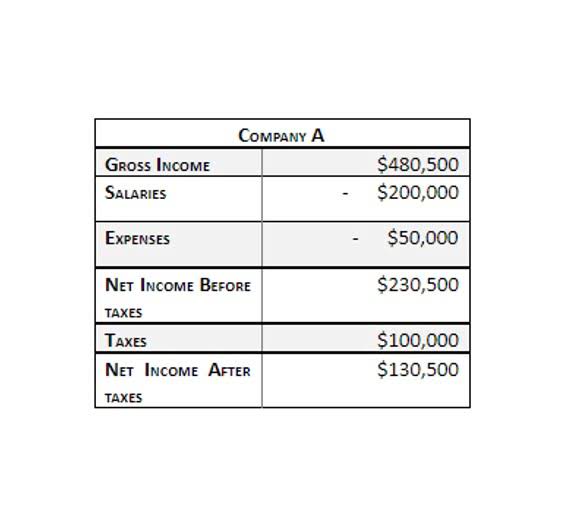
Large enterprises look for AI-driven forecasting and fraud detection, while small businesses prioritize affordable automation to reduce manual work. Implementing software automation is often a challenging and time-consuming process. Hiring a specialized service provider ensures all accounting tools work correctly and meet your needs.

Reconciling Uncategorized Transactions
- AI accounting implies using artificial intelligence (AI) technologies, like machine learning and natural language processing, to automate and improve various accounting tasks and processes.
- The ideal accounting system should provide valuable information, such as an overview of the bottom line profit, including more detailed records concerning specific accounts.
- Get fully automated aggregation, processing, and recording of enterprise-wide financial transactions and achieve 3x+ improvement in accountants’ productivity.
- Perhaps the biggest long-term benefit of automating accounting is reduced labor costs.
All you need to do is use your keyboard or keypad to type in the required information into the respective fields of the form. After completing the form, you typically have to click a “Save” button to record the transaction. In manual accounting, accountants need to be physically present at the office or a specific location where the accounting records are kept. These records are usually kept in filing cabinets or other physical locations within the office. Since transactions are recorded by hand, accountants have to be on-site to record or update entries. This limitation makes it challenging to share information quickly, especially for businesses working with remote accountants.
Explore More Insights
- People operating a business that follows conventional and manual accounting techniques know how difficult this situation is for everyone involved.
- Regularly review workflows to identify additional areas for improvement or automation.
- Fraudulent invoices and cyber threats pose a significant risk to businesses, especially those relying on manual AP processes.
- This predictive capability has become a cornerstone of modern financial governance.
- Agentic AI leverages generative AI and large language models to autonomously plan, reason, and execute multi-step processes.
Accountants are famous for loving their Excel spreadsheets and may resist automation if they are more comfortable with their conservative workflows. We collaborate closely with your stakeholders and accounting subject matter experts to deeply understand your accounting accounting automation automation needs. Looks like market-available accounting tools don’t fit your specific requirements and won’t be able to provide the expected operational and economic feasibility.
- Accounting automation helps eliminate manual accountants’ tasks across bookkeeping, invoicing, payables, receivables, payroll, and more.
- It’s about taking advantage of AI-powered tools to make accounting more efficient and financial statements accurate, offering valuable insight to make predictive analytics by accounting professionals.
- The key differences between manual vs automated accounting lie in how calculations and data entry are performed and their degree of accuracy.
- A native Salesforce accounting app, Accounting Seed, provides a full 360-degree view of your business’ performance to help you and your team make the best decisions possible.
- This area in accounting is where many mistakes are made and the main reason why automation is necessary.
Manual vs Automated Accounting: Accessibility

This reduces approval bottlenecks, ensures on-time payments, and helps businesses capitalize on early payment discounts. Faster processing also prevents late fees, improving cash flow predictability and supplier trust. Errors in accounts payable can lead to HVAC Bookkeeping misstatements in financial reports, compliance risks, and regulatory penalties.


Late or inconsistent payments can strain supplier relationships, leading to delayed shipments or higher costs. Automating AP ensures predictable, timely payments, fostering supplier confidence and reducing disputes. When vendors trust that your organization will pay accurately and on time, negotiation leverage improves, potentially leading to better payment terms, volume discounts, or exclusive deals. Enhanced supplier collaboration also reduces the administrative burden of resolving invoice discrepancies.
- Automating AP ensures predictable, timely payments, fostering supplier confidence and reducing disputes.
- The rise of automated accounting software has sparked discussions about the future of the accounting profession.
- Understandably, cash flow management can be difficult, especially if accounting is done incorrectly.
- Without robust analytics, businesses struggle to track spending trends, vendor performance, and AP efficiency.
- SolveXia stands out as a comprehensive financial automation solution that goes beyond traditional accounting software.
The financial data of Certified Public Accountant a company provide much insight into its overall business operations when analyzed correctly. The ability to customize past the standard profit and loss financial statements can also be useful. Some of the most common mistakes include accidentally entering the wrong information into specific accounts, transposing figures, or recording data backward. Implementing and maintaining an automated accounting system often requires IT expertise. Issues such as system integration, software updates, data security, and troubleshooting may necessitate IT support.




